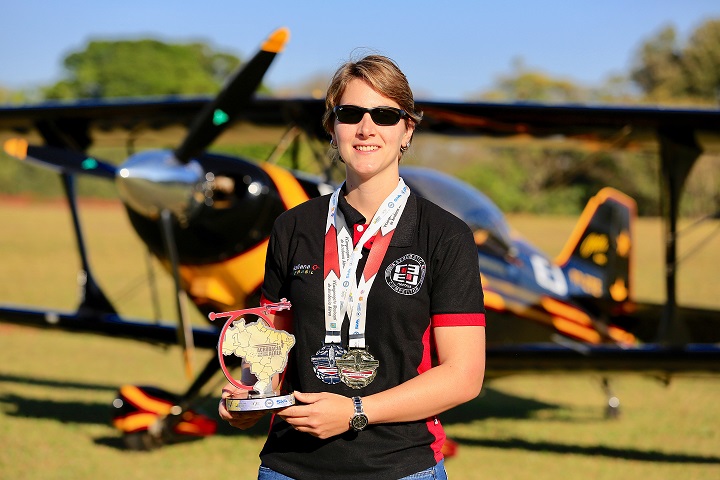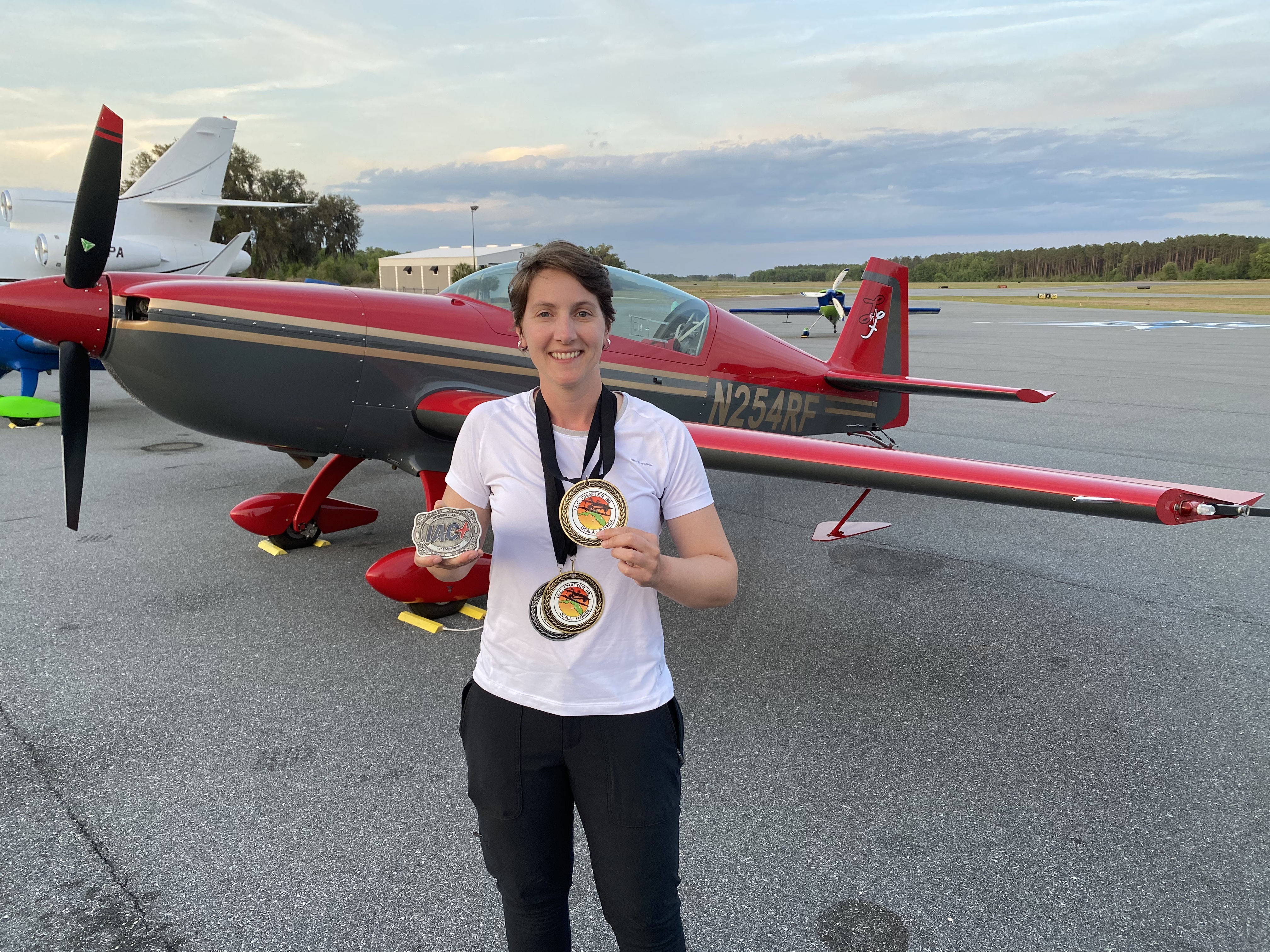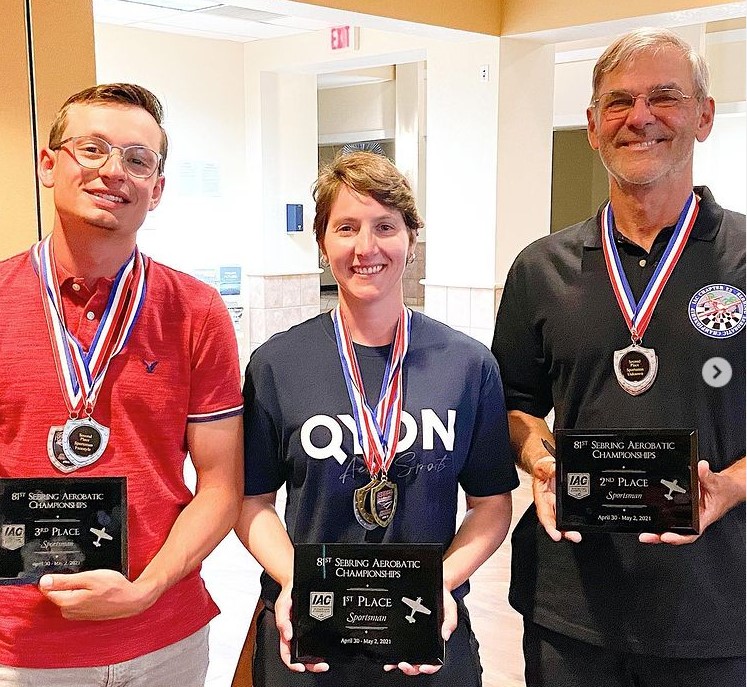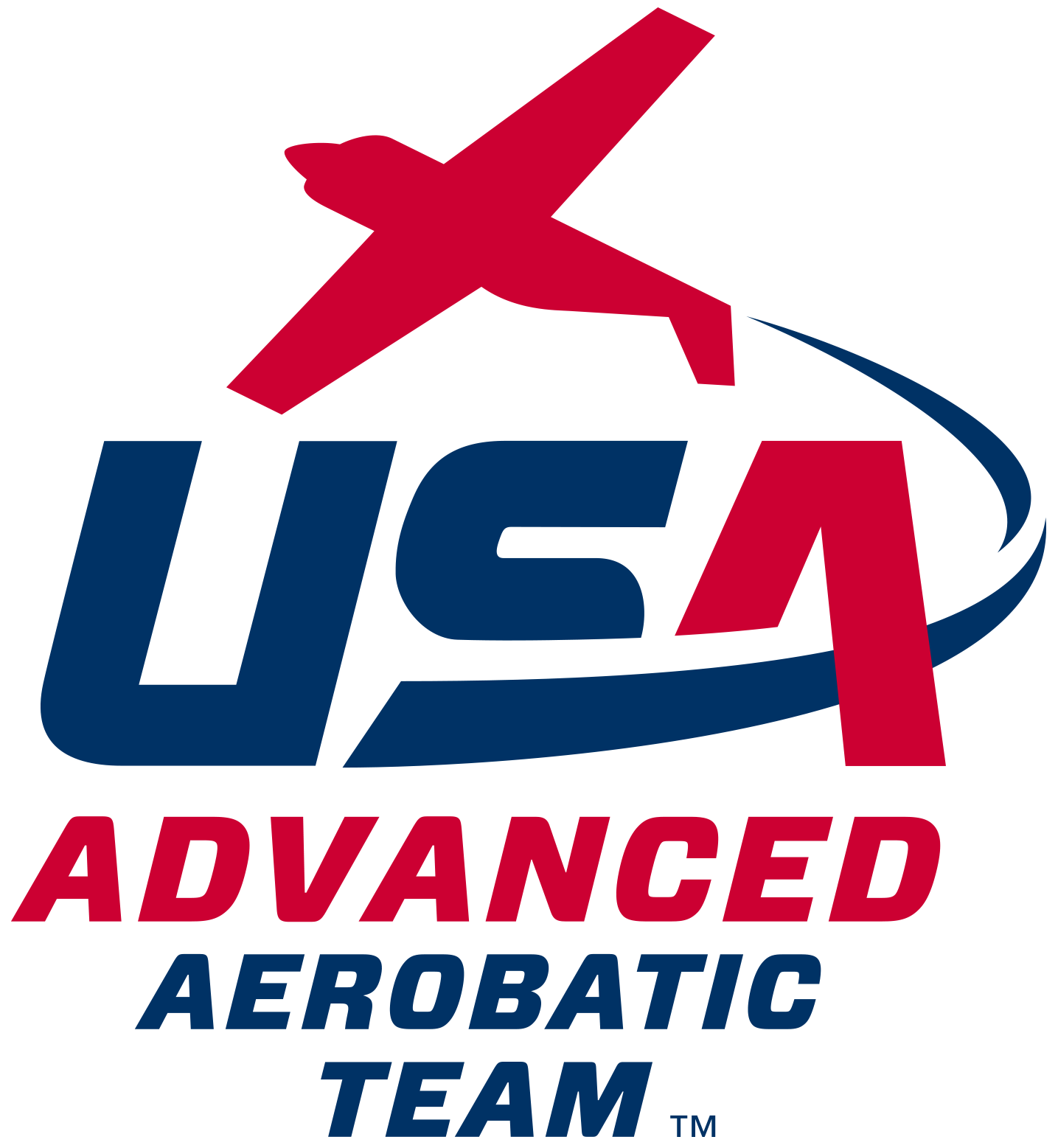Making aerobatics a part of my life


The point of no return
By Zinnia Kilkenny IAC 437244
ZK: When deciding to pursue one’s life purpose, there exists an unwavering moment of resolve. What was yours? Why learn to fly?
JF: I graduated in veterinarian medicine in 2011, but I never really felt that was my vocation, even though I have a strong connection with animals and loved learning about them.
At that time, my father was thinking about buying a helicopter for his company, which looked like something distant for us, as we never had a family member or even a close friend in aviation. But the idea kept echoing in my mind when I finally decided to go to an aviation school.
I got my helicopter commercial license and was almost finished with my CFI-H when one day I turned on the TV and saw Red Bull Air Race. That was the first time in life that I thought looks like I was made for doing it. On that day, I started looking for a place to get my airplane license, just thinking about aerobatics.
Luckily, the largest school in Latin America--EJ Escola de Aeronáutica--was just one hour from my house, where I could go from private to CFI and to learn aerobatics, which was rare to find a place with this option. Because of the extreme dedication to training and my history in competitions as karate and Taekwondo black belt and collecting many awards, the school´s owner decided to sponsor me in aerobatic competition. And soon, with good results, they hired me to teach aerobatics and upset prevention and recovery training in a C152 Aerobat and a Super Decathlon.
Having this new challenge, I decided to come to the United States to have more experience and more knowledge about it, and that´s when I had my first experience flying an Extra. That was the point of no return for me. I realized that aerobatics would be part of my life, and I would do whatever it takes to make it happen.
Clearly, no other place in the world made me feel that way so far, a belonging, as sitting in a tight, real aerobatic aircraft. So, I flew a Pitts S-2C in Brazil mentored by the owner and good friend, Pedro Tolomei, which allowed me to win Brazilian Nationals 2017 in the Primary category. And in 2018, after winning two of the three flights, I've got 2nd place overall in the Sportsman category at Brazilian Nationals, organized by CBA (Brazilian committee of Aerobatics and Aerial competition). Then I started thinking about moving to the US to have my own aerobatic aircraft, compete, do airshows and teach.
ZK: Why did you join the IAC? Why competition aerobatics?
JF: I came a few times to the US to practice, always looking for competitions. As mentioned before, I was always very competitive, participating in karate competitions for many years. Joining the IAC (an internationaly respected entity) and competing in the U.S. looked like an excellent way to be more active in the sport and enhance my abilities.

ZK: Bravo on your recent historical success as the first Brazilian female to win an international contest, the Snowbird Classic, in Florida. What did you do to prepare leading up to it? And how did it go?
JF: I was nervous about it because I've got my new airplane just a few days before the contest after a long time without practicing, and as my first contest in Florida, I didn't want to do bad flights. But with hard work, focus, and good people helping with critique, I was able to perform well and win the overall Sportsman category. Other than restart with good results, I was very happy to represent my country. This also made me see that it was worth the waiting for opportunities after a long year living here alone.
ZK: For the past year, a common theme among international aerobatic competitors is the challenges of realizing their dreams. What obstacles have you encountered?
JF: Right after I arrived in the U.S., the pandemic started, and all my plans of having my airplane, competing, working with it, was postponed, as most of other people´s plans. Losing the right to come and go as the borders were closed and having all my family and friends far away from me in this tragic moment made me think quite often about quitting and going back home.
But something in me was still saying that I should insist a little bit longer. And one year and a half after my arrival and two years without flying aerobatics at all, I was finally able to find an airplane for me and come back to the game practicing and competing.
The win at Snowbird meant much more for me than just good results. A feeling that the waiting was worth it, that my decision was right, and that I am in the right place.
ZK: What are your immediate and long-term goals?
JF: I want to keep myself practicing and competing to improve for U.S. nationals.
As I was doing in Brazil, I will be teaching aerobatics and UPRT and doing spin endorsement. As for long-term goals, I want to keep climbing categories and represent (US/BRA) in international and world championships and get back to doing airshows. If the racing does continue, that would be a major thing for me. Other than aerobatics, my goal is to work in aerial firefighting. I admire people who do it, and it is another form of flying that I want to experience as a pilot.
ZK: What would you like your contribution to be?
JF: As an aerobatic pilot, I want to represent my country here, competing and doing airshows, and represent the U.S. in a world championship one day. As a person, I want to make people see that they can do whatever they want if they believe in themselves and their dreams. If the dream is yours, it´s up to you to make it happen.

UPDATE: Juliana flew in the Sebring contest after the Snowbird Classic where she also finished 1st place over all. She is currently the leader for the Sportsman category in the Southeast for the Regional Series. She is pictured here with her first place medal and trophy at the Sebring contest with 2nd and 3rd place finishers Michael Hare (right) and Thomas Epperson (left).

